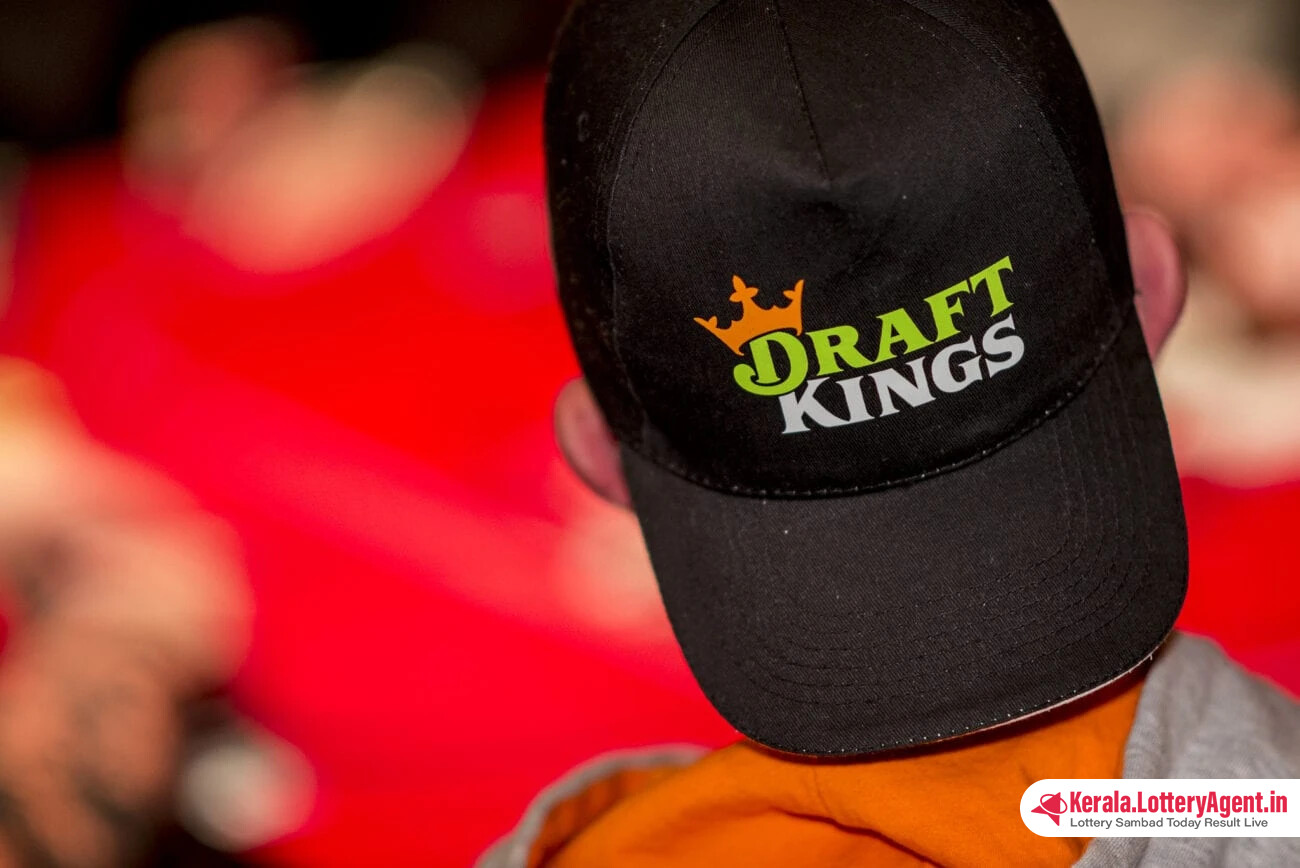
In a legal challenge questioning the transparency of DraftKings’ promotional strategies, two bettors have taken action against the prestigious sports betting company. The lawsuit has been initiated by the Massachusetts-based Public Health Advocacy Institute (PHAI) and its litigation arm, the Center for Public Health Litigation, representing the disgruntled players, Shane Harris and Melissa Scanlon.
The crux of the lawsuit is the contention that the sign-up bonus offered by DraftKings was misleading. The two plaintiffs were lured by the prospects of a $1,000 bonus upon registration. However, they claim that the promotion’s full terms were not clear or fully disclosed at the time of sign-up. Specifically, they were required to deposit a considerable $5,000 to be eligible for the said bonus. Moreover, the conditions stipulated that in order to actually receive the bonus in the form of non-withdrawable betting credits, they would need to wager a staggering $25,000 in qualifying bets within a specified timeframe.
Both Harris and Scanlon recounted their confusion and frustration upon realizing that the bonus they anticipated was not credited as they had been led to believe by DraftKings’ promotion. They are arguing that the advertisement and promotion of the bonus were inherently deceptive, targeting new customers in the Massachusetts sports betting scene who would not necessarily grasp the intricate and risky qualification process involved in securing such a bonus.
The legal claim further emphasizes that a reasonable consumer—or in this case, a newbie sports bettor—would have difficulty in comprehending and assessing the risks associated with the bonus conditions, which were neither clear nor visibly highlighted on DraftKings’ platform. Consequently, had the plaintiffs been aware of the requirements and the odds of actually winning the bonus, they attest that they would not have pursued the promotion.
Further accusations lodged against DraftKings suggest that the company “knowingly and unfairly” engineered the bonus offer to maximize player sign-ups, betting frequency, and, ultimately, expenditure. The lawsuit harshly critiques this as an unfair business practice, particularly given the addictive nature of gambling. It argues that purveyors of potentially addictive products bear a responsibility to minimize the risk of addiction, rather than setting steep gambling requirements for a promotional bonus, especially when targeting inexperienced bettors.
While Harris and Scanlon are not alleging any addiction-related harm, they are seeking a variety of legal remedies. This includes economic and statutory damages, treble damages to triple the compensatory amount, injunctive relief to prohibit DraftKings from continuing such promotions, and further relief as deemed appropriate by the court.
This legal action also urges DraftKings to terminate this and similar promotions, deemed misleading by the plaintiffs and their representing organization. Mark Gottlieb, PHAI’s executive director, expressed concern, stating that numerous people in Massachusetts were likely misled by the bonus offer and would have refrained from signing up had they been thoroughly informed of the underlying conditions.
As the legal proceedings gain momentum, DraftKings has yet to issue a formal response to the filing, leaving the sports betting community and stakeholders in anticipation of the company’s stance on the matter.












